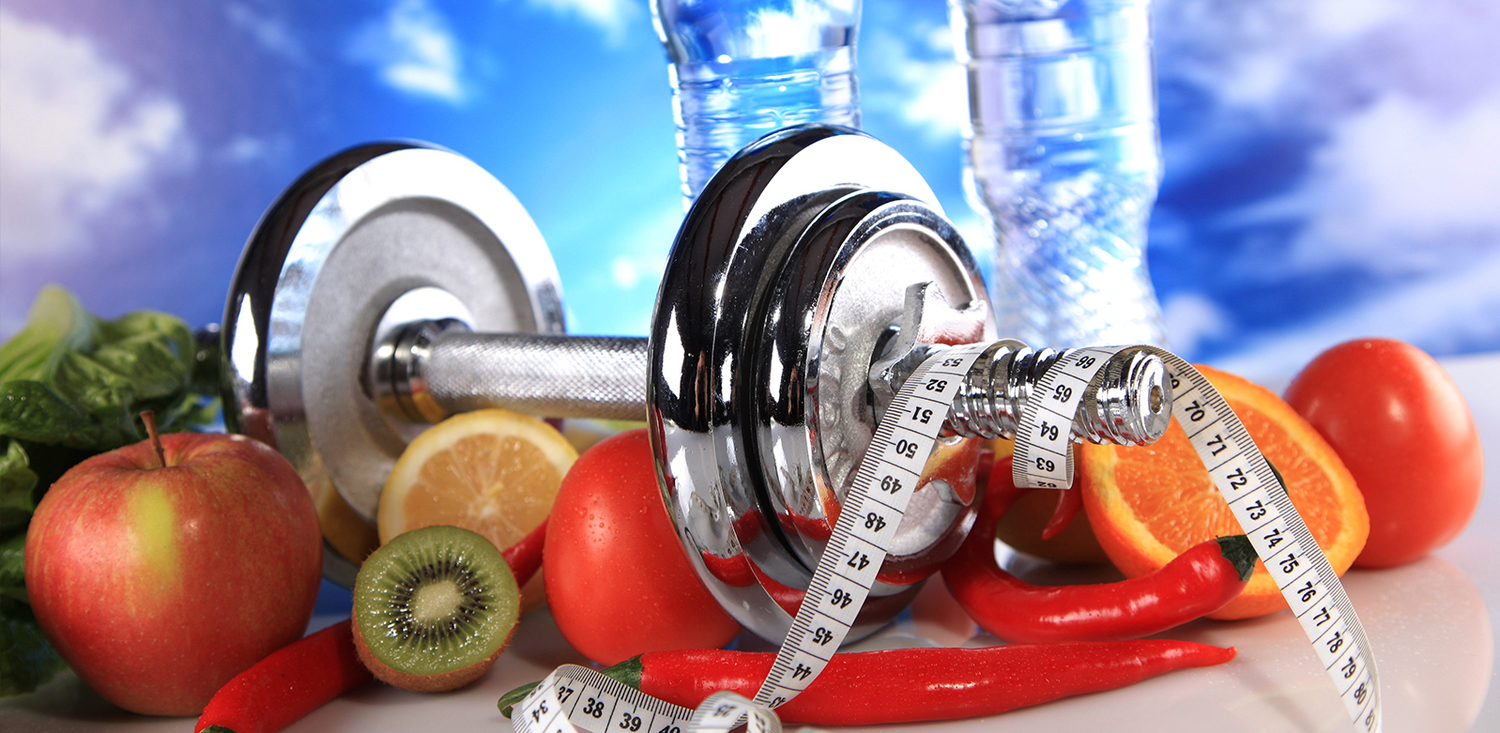Index Surge: Amplifying Your Insights
Stay updated with the latest trends and news across various industries.
Fuel Your Gains: Eat Like an Athlete
Transform your meals and fuel your gains! Discover athlete-approved nutrition tips to boost your performance and reach your fitness goals.
Top 10 Nutrient-Rich Foods Every Athlete Should Include in Their Diet
Maintaining optimal performance and recovery is essential for athletes, and one key to achieving this is a well-balanced diet rich in nutrients. To help you refine your nutrition, we've compiled a list of the Top 10 Nutrient-Rich Foods Every Athlete Should Include in Their Diet. Incorporating these foods can provide your body with the essential vitamins and minerals needed to enhance endurance and support muscle repair.
- Quinoa: A complete protein source packed with all nine essential amino acids.
- Sweet Potatoes: Loaded with complex carbohydrates and fiber, perfect for sustained energy.
- Spinach: High in iron and nitrates, beneficial for improving athletic performance.
- Salmon: Rich in omega-3 fatty acids, which help reduce inflammation and promote recovery.
- Greek Yogurt: A great source of protein and probiotics for gut health.
- Almonds: Packed with healthy fats and vitamin E, beneficial for endurance athletes.
- Berries: Rich in antioxidants, they assist in muscle recovery.
- Eggs: A versatile protein source rich in vitamins and minerals.
- Brown Rice: A perfect source of complex carbs for energy.
- Chicken Breast: Lean protein that aids in muscle growth and repair.

How to Customize Your Meal Plan for Optimal Athletic Performance
Customizing your meal plan for optimal athletic performance starts with understanding your individual nutritional needs. Every athlete is different, and factors such as body composition, age, gender, and the type of sport you participate in all influence your dietary requirements. Begin by calculating your macronutrient ratios, focusing on the appropriate balance of carbohydrates, proteins, and fats that fuel your training. For instance, endurance athletes may need a higher percentage of carbohydrates to sustain energy levels, while strength athletes might prioritize protein intake for muscle repair.
Once you have a clear understanding of your nutritional needs, meal timing and frequency play a crucial role in maximizing your performance. Aim to consume small, balanced meals or snacks every 3-4 hours to maintain steady energy levels. Including a mix of whole foods such as lean proteins, whole grains, healthy fats, and plenty of fruits and vegetables will ensure you're getting essential vitamins and minerals to support recovery and overall health. Don't forget to hydrate adequately and consider individual adjustments based on your training load and personal preferences.
What Can You Learn from the Eating Habits of Elite Athletes?
Understanding the eating habits of elite athletes can provide valuable insights into how nutrition impacts performance. These athletes adhere to strict dietary regimens that prioritize whole, nutrient-dense foods, allowing them to optimize their energy levels and recovery. Common elements in their diets include:
- Lean Proteins: Essential for muscle repair and recovery.
- Complex Carbohydrates: Provide sustained energy for intense training sessions.
- Healthy Fats: Important for hormone regulation and overall health.
Furthermore, elite athletes often focus on hydration and timing their meals around workouts for maximum efficiency. They may adopt practices such as meal prepping or using sensors to monitor nutritional intake to ensure they meet their dietary goals. By studying these practices, anyone can glean methods to enhance their own nutrition and performance in daily activities, making the eating habits of elite athletes a worthy model for anyone looking to improve their health and fitness.